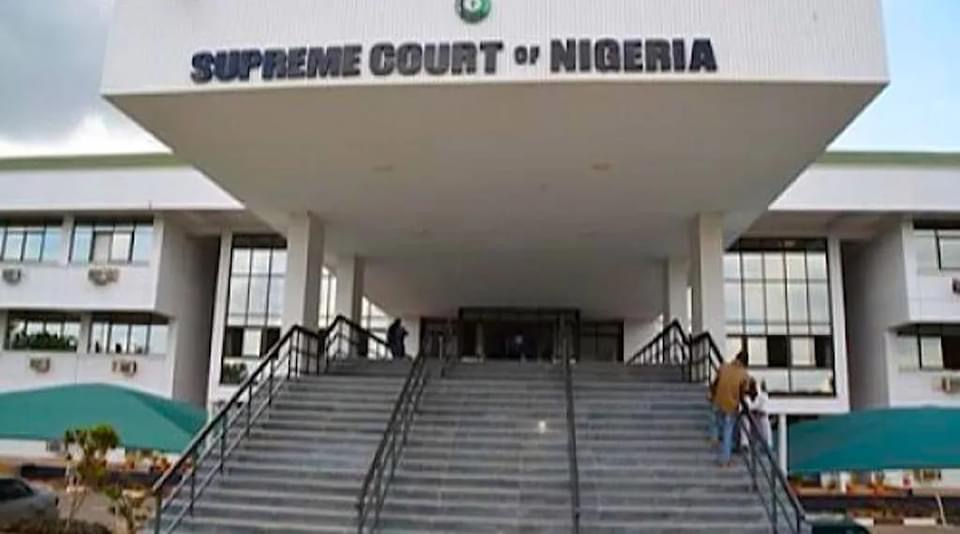In a groundbreaking verdict that has sent shockwaves through the nation, the Supreme Court has ruled that the Independent National Electoral Commission’s (INEC) failure to transmit election results on the INEC Result Viewing Portal (IReV) did not have any impact on the outcome of the presidential election.
Delivering the lead judgment, Justice Okoro underscored, “When IReV fails, it does not halt the collation of the results; it merely prevents the public from viewing the results. The nonfunctioning of IReV may affect the trust of the electorates in the election process, but it cannot be a basis for nullifying the election.”
This landmark decision effectively quashes any hopes of using the unavailability of IReV as grounds to invalidate the election results. Justice Okoro further emphasized, “The failure of IReV did not influence the outcome of the election, and this issue is resolved against the appellants.”
The Supreme Court’s resolute stance in this matter has left the nation astonished and signifies a momentous development in electoral jurisprudence. It reinforces the stability and trustworthiness of our democratic processes and sets a significant precedent for future electoral disputes.
